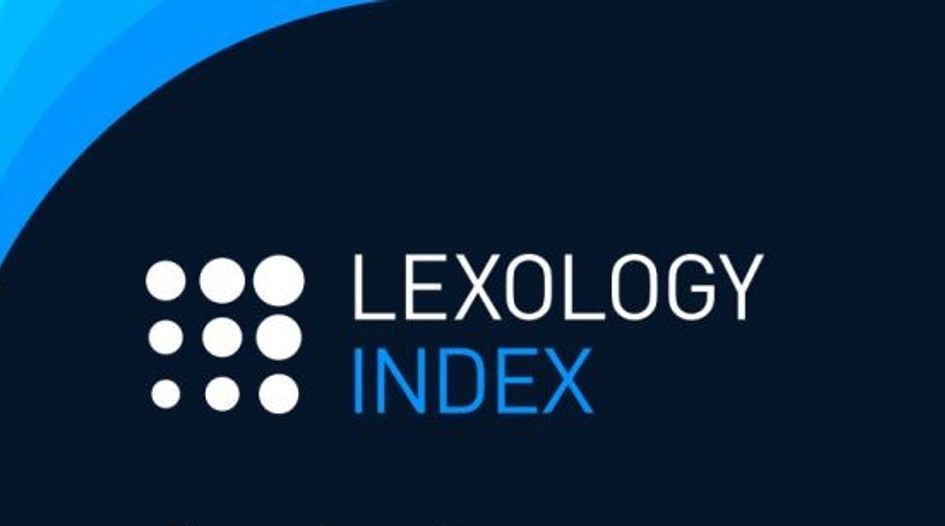In the coming months, India is expected to terminate many if not all of the bilateral investment treaties (“BITs”) into which it has entered. India intends to renegotiate its investment agreements on the basis of the new Model BIT which was published in 2015 (the “India Model BIT”) and which draws on the recent experiences of India in investment arbitration.
According to the Indian Minister of Commerce, in early 2016, the Government of India served diplomatic notices to 58 counterparties States, for the termination of 58 out of a total of 83 BITs, including 22 BITs concluded with Member States of the European Union (the “EU”). The initial duration of these BITs had already lapsed and their termination was, therefore, open for the State parties, pursuant to their termination clauses.
The India Model BIT limits the scope of investment protection provisions and conditions access to investor-State dispute settlement to the prior exhaustion of local remedies. That would mean that a foreign investor might have to pursue a claim against India through each level of the Indian courts. According to the Indian Minister of Trade, the India Model BIT provides appropriate protection to foreign investors in the light of international practice, whilst maintaining a balance between the investor’s rights and the government’s obligations.
A number of the BITs that are to be terminated contain “sunset clauses”, which provide for continuing effect up to 10 or 20 years after their termination (e.g., the India-United Kingdom BIT). Existing investors falling within the scope of these BITs will enjoy protection for an additional period of time, during which they will presumably consider making new arrangements to protect their investments. If a BIT does not provide for a special termination clause, then Article 56(2) of the Vienna Convention on the Law of Treaties (“VCLT”) provides that the BIT may be terminated only twelve months after India has notified the other State of its intention to denounce the BIT between them.
There are 25 Indian BITs which are currently in force with respect to which India has not submitted any notices for termination. Their initial duration has not expired and, therefore, their termination is not open to the parties yet. However, India has issued a proposed “Joint Interpretative Statement for Indian Bilateral Investment Treaties” (the “Statement”) with the purpose of clarifying the scope and meaning of their provisions. The Statement restricts the scope and meaning of key concepts of traditional BITs with a view to avoiding the expansive interpretation of arbitral tribunals. Interpretive statements serve to provide guidance to arbitral tribunals in their interpretation of investment agreements. The effectiveness of the Statement, however, will depend on its acceptance from the other contracting States, in accordance with Article 31(3)(a)-(b) of the VCLT.
India is also currently in the process of negotiating with the EU the new legal framework that will replace the previous BITs between India, the EU and its Member States. Whilst the EU-India negotiations on a free trade agreement that would include an investment chapter began as early as in 2007, the parties have yet to reach a final agreement. In February 2017, EU officials called the Indian government to extend temporarily the operation of the BITs which currently exist among India and the EU Member States until the conclusion of a new agreement. However, the Indian Commerce Minister stated that India would not consent to the extension of the BITs which are expected to terminate in early 2017 and called the EU to agree upon a new investment agreement on the basis of the Indian Model BIT. The progress of negotiations is currently unknown.



